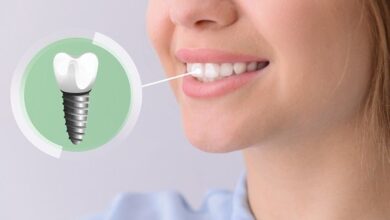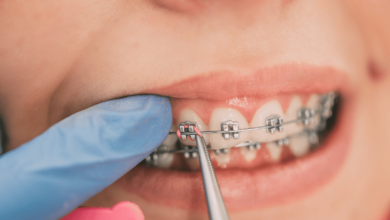Recovery Tips After Oral Surgery: What to Expect

Undergoing oral surgery can be daunting, but understanding the recovery process helps alleviate concerns. Patients benefit from advanced techniques that minimize recovery time and discomfort. Proper aftercare is crucial: follow your surgeon’s instructions on medication, diet, and activity restrictions. This blog post provides thorough advice on effective recovery from oral surgery, offering tips for managing pain and swelling, maintaining oral hygiene, and recognizing potential complications. Adhering to these guidelines ensures a smooth and comfortable healing journey.
Immediate Post-Surgery Care
The first 24 hours after your surgery are crucial for a successful recovery. Patients are advised to rest and follow these key steps:
- Bleeding Management: Apply pressure with sterile gauze to control any bleeding.
- Swelling Reduction: Use ice packs on the cheek to reduce swelling and bruising.
- Pain Relief: Take prescribed pain relievers as directed by your oral surgeon.
Nutrition and Diet
Proper nutrition is vital for recovery, but eating can be challenging following oral surgery. Here are some dietary tips to follow:
- Soft Foods: Stick to a diet of soft foods such as yogurt, soup, and applesauce for the first few days.
- Hydration: Keep hydrated with plenty of fluids, but avoid using a straw as the suction can disrupt the surgical site.
- Nutrient-Rich Choices: Incorporate nutritious, easy-to-consume foods that aid in healing, like smoothies enriched with protein powder or vitamins.
Oral Hygiene Post-Surgery
Maintaining oral hygiene is essential after surgery, but it should be gentle to avoid irritating the surgical site:
- Gentle Brushing: Brush your teeth gently with a soft-bristled brush, avoiding the areas close to the surgical site.
- Saltwater Rinses: After the first day, use saltwater rinses to keep the mouth clean and reduce the risk of infection. This should be done several times a day, especially after eating.
Activity Limitations
It’s important to limit physical activity for a few days after surgery:
- Rest: Prioritize rest and avoid any strenuous activities that might lead to increased bleeding or swelling.
- Elevation: Keep your head elevated with pillows to reduce swelling and pain.
Follow-Up Appointments
Attending follow-up appointments with your oral surgeon is vital for a successful recovery. These visits allow the surgeon to monitor your healing process and address any potential complications early, before they become serious. Even if you feel well and believe everything is progressing smoothly, it’s important to keep these appointments, as some issues might not be immediately noticeable to you. Your oral surgeon can provide professional insights and take necessary actions, ensuring optimal recovery and long-term oral health. Consistent follow-up care is a crucial part of your overall treatment plan and significantly contributes to the success of your surgery.
Long-Term Care and Recovery
Depending on the complexity of the surgery, recovery can vary:
- Medication Management: Continue to take any prescribed medications, including antibiotics, to prevent infection.
- Signs of Complications: Monitor for signs of complications, including heightened pain, swelling, or infection. Should you experience any of these symptoms, promptly contact your oral surgeon.
Conclusion
Recovering from oral surgery in Richmond, Indiana requires diligent adherence to your surgeon’s instructions and a commitment to the recommended care regimen. This typically involves timely intake of prescribed medications, maintaining good oral hygiene without disturbing the surgical site, and starting with a soft food diet. By taking proper steps at home, such as applying ice packs to reduce swelling and avoiding strenuous activities, along with staying in touch with your oral surgery team for any concerns or follow-up appointments, you can ensure a swift and smooth recovery.




